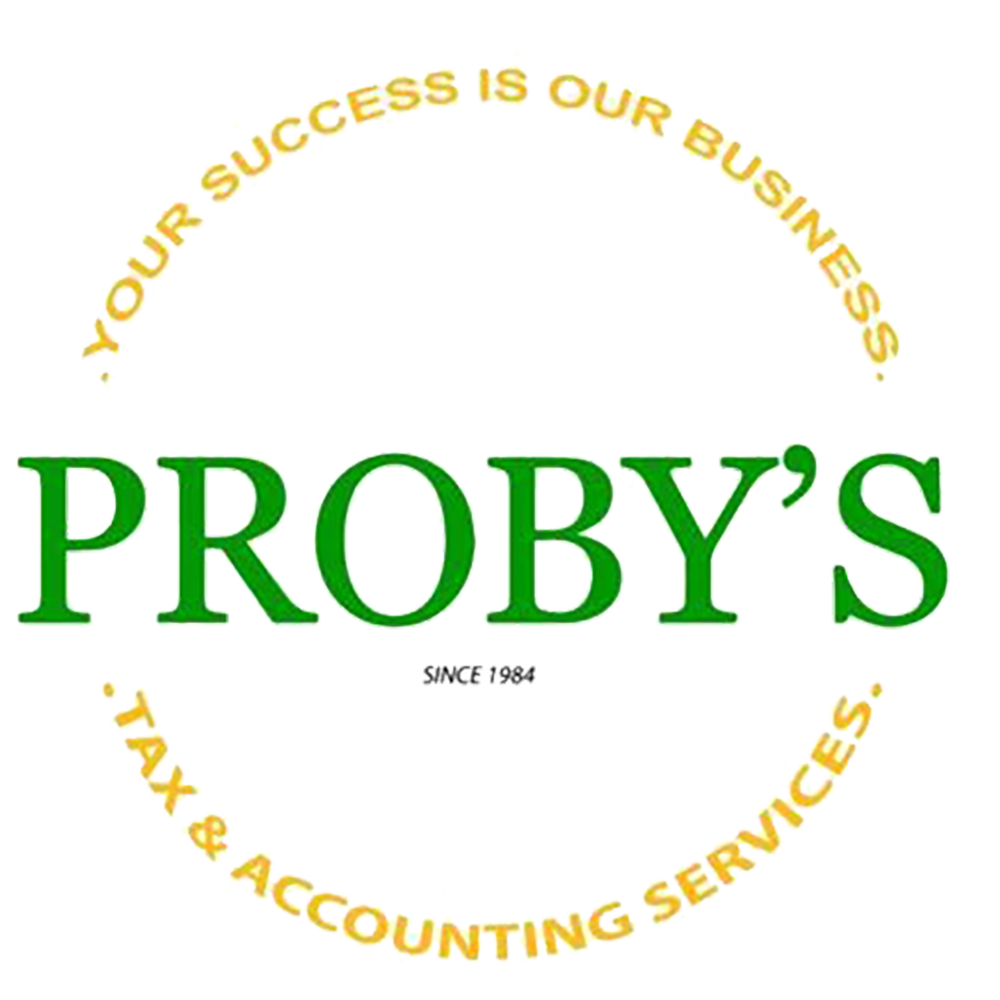Starting a business can be a daunting task, but forming a Limited Liability Company (LLC) can help protect your personal assets and provide tax benefits. However, before jumping into forming an LLC, it’s important to understand the key aspects of this business structure. In this blog post, we will discuss three essential things you need to know about your LLC.
#1 – The way you are taxed by the IRS vs. State
One of the significant advantages of forming an LLC is the flexibility in how it’s taxed. By default, an LLC is considered a “pass-through entity,” meaning the profits and losses of the company pass through to the owner’s personal tax returns. This allows LLC owners to avoid double taxation, which is a significant advantage over a traditional corporation.
However, it’s important to note that the way an LLC is taxed varies by state. Some states have additional taxes or fees for LLCs, while others do not recognize pass-through taxation, requiring LLCs to pay corporate taxes. Therefore, it’s crucial to understand the tax laws in your state and consult with a tax professional to ensure you’re taking advantage of all available tax benefits.
#2 – The Advantages of Having an LLC
There are several advantages to forming an LLC. Firstly, as mentioned earlier, an LLC protects your personal assets from the company’s liabilities. In other words, if your business is sued or cannot pay its debts, creditors cannot seize your personal assets such as your home or car.
Secondly, forming an LLC can help legitimize your business and make it easier to secure financing, open business bank accounts, and establish credit. Additionally, LLCs offer more flexibility in management structures, allowing you to choose how your business is run, and potentially avoid complicated and costly corporate formalities.
#3 – The Deductions Available When You Have an LLC
One of the significant benefits of forming an LLC is the tax deductions available to you. As an LLC owner, you may be able to deduct business-related expenses, such as rent, utilities, and office supplies, from your taxes. Additionally, you can deduct start-up expenses such as legal fees, marketing costs, and employee training.
Furthermore, LLC owners can take advantage of “pass-through” taxation, which allows them to deduct business losses from their personal income tax returns. This can help offset any personal income and potentially reduce your tax burden.
In conclusion, forming an LLC can provide several benefits, including liability protection, legitimacy, flexibility, and tax deductions. However, it’s essential to understand the tax laws in your state, consult with a tax professional, and keep accurate records of your business expenses to ensure you’re taking advantage of all available benefits. By doing so, you can set your LLC up for success and focus on growing your business.

